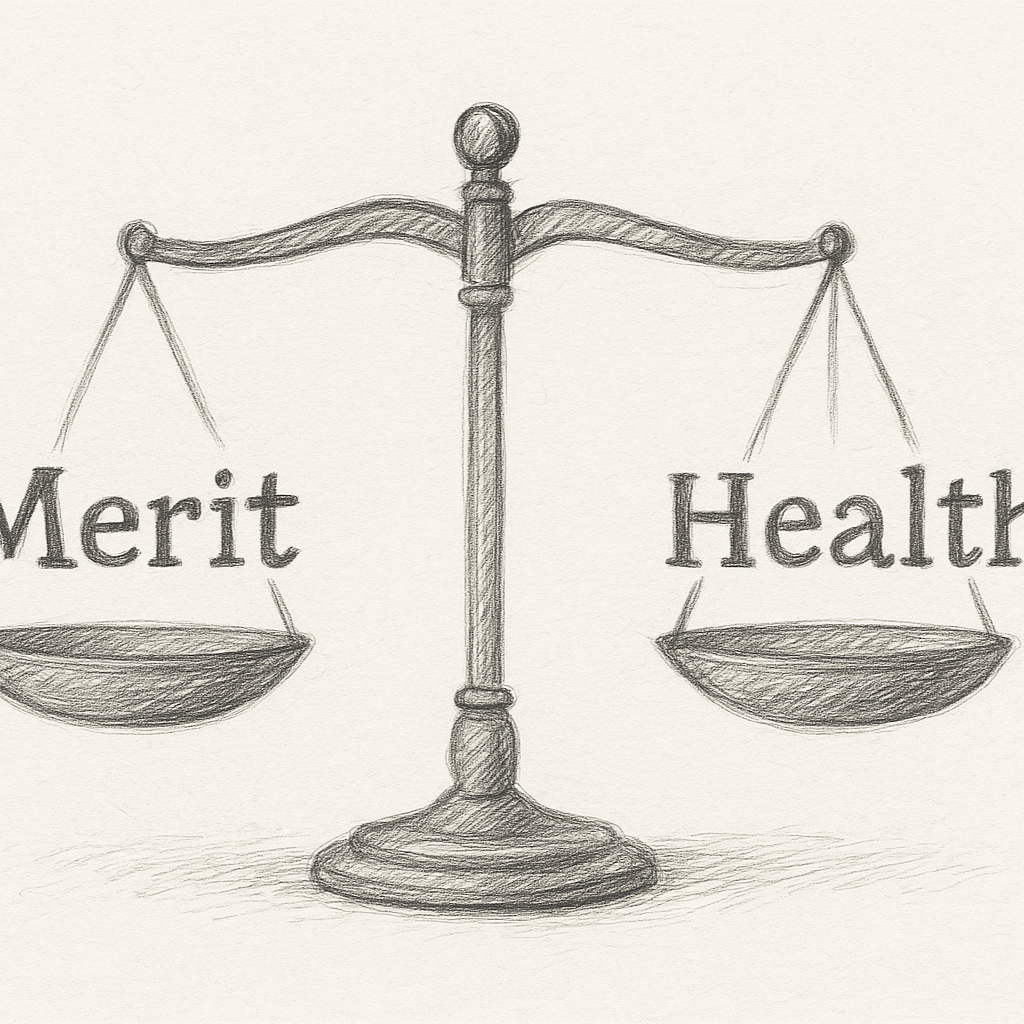Coronavirus and the effects on climate change
COVID-19 is now in over 100 countries, including China, South Korea, Japan, Italy and now the United States. COVID-19 has spread at a rapid pace in the U.S., causing cities around the country to enact emergency shutdowns and quarantines, leading to a domino effect on the supply and demand of basic household items.
The state of panic has increased demand for household products like toilet paper, paper towels, hand sanitizer, and food; people crowd grocery stores, leaving shelves empty and many products harder to get a hold of. This creates a domino effect: this once store shelves are bare, businesses run out of stock, people's jobs are at stake, and some are put out of work entirely as stores are closing left and right. Grocery store workers are putting in more labor than usual by constantly having to restock shelves, and control large groups of hysteric people; this pandemic has also caused the increase of delivery services for companies like Amazon and Postmates.
Illustration by Dana Binfet
In addition to a global recession, this period serves as a wake-up call for climate change. The demand of toilet paper being on the rise is furthering deforestation, and more people purchasing water bottles will lead to more plastic waste. These are both major factors when taking into consideration the health of the ecosystem.
“It's devastating to see people making bulk purchases of so many items that are destroying our environment," said Ash Avant, a Santa Monica College (SMC) student who is the vice president of the Eco-Action Club. "Plastic water bottles are a huge chunk of pollution that contribute to our worsening climate. Paper towels and toilet paper contribute to deforestation. When people go out and create a huge demand for these products, this feeds money and control to the companies that are making the earth an uninhabitable place.”
As for the demand for water, it is important to remember that most homes provide and have filtered tap water, which cuts back the need for water bottles all together. It is also important to remember that Brita filters and other water filtration systems do not stop working during this pandemic.
"Straight tap water is also more regulated in the City of Santa Monica than most, if not at all, bottled water," said Avant.
During a pandemic, we must keep in mind ways of protecting the ecosystem. This includes using things like reusable rags in place of paper towels when cleaning certain household messes. Finding a swap for toilet paper is one of the biggest issues the coronavirus has on the ecosystem, but for those who can afford it some suggest investing in a bidet. These eco-friendly alternatives not only save money in the long run for people, but also provide a better future for Earth, far beyond the current quarantine.
With many people being mandated to quarantine in their homes, this also has raised the thought of how the shutdown could even be beneficial to providing cleaner air and water. The COVID-19 shutdown has caused the canals in Venice, Italy to become noticeably clearer as nitrogen dioxide pollution has fallen drastically. In addition, less people are out driving cars, lowering the amount of smog in the air by large amounts. There are positive outcomes from these tragic times.
We must keep in mind that we need to become more aware of our ecosystem and the way we take care of Earth in which we live, but an overall key takeaway is that us as humans aren't the problems; rather, the economic system in place is. We don't need to vanish for Earth to heal. What is needed is a revolution of policy and ideology that changes the way we all interact with Earth.










In January, Minnesotans pushed back against Immigration and Customs Enforcement operations using Los Angeles tactics.